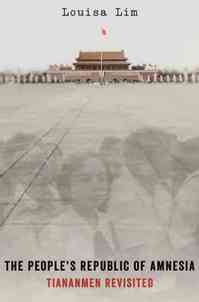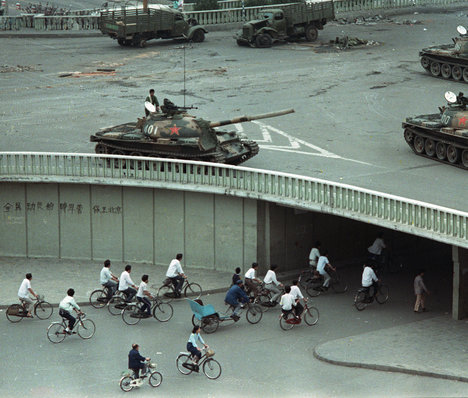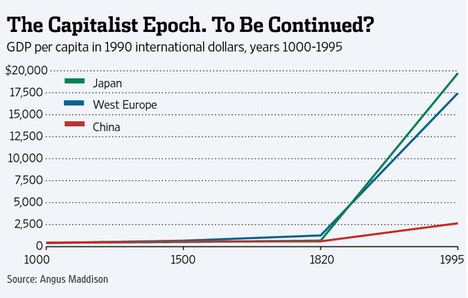(p. B1) A few years ago, the Chinese writer Murong Xuecun had the kind of career most novelists dream about. His eight books had sold two million copies in China, and he had amassed more than eight million social media followers.
But in 2011, he decided to stop publishing. He was afraid of running afoul of Chinese censors, and was even more concerned about the self-censorship that had crept into his work. Now he wishes he had never published some of his earlier books, which tiptoed around political issues.
“When I look back on them, I feel ashamed of myself,” said Mr. Murong, 41, who lives in Beijing and whose real name is Hao Qun.
Mr. Murong was among a handful of writers who gathered on the steps of the New York Public Library on Wednesday night to protest the limits on free speech and expression in China. The gathering, organized by the PEN American Center, was prompted by the presence of a large delegation of Chinese publishers at BookExpo America, a major publishing trade event taking place in Manhattan this week.
For the full story, see:
ALEXANDRA ALTER. “A Mixed Message From China.” The New York Times (Fri., MAY 29, 2015): B1 & B6.
(Note: the date of the online version of the story is MAY 28, 2015, and has the title “China’s Publishers Court America as Its Authors Scorn Censorship.”)





